All-round monitoring: Warning systems for gas, water, battery and co. tested
Johannes Erdmann
· 12.12.2022
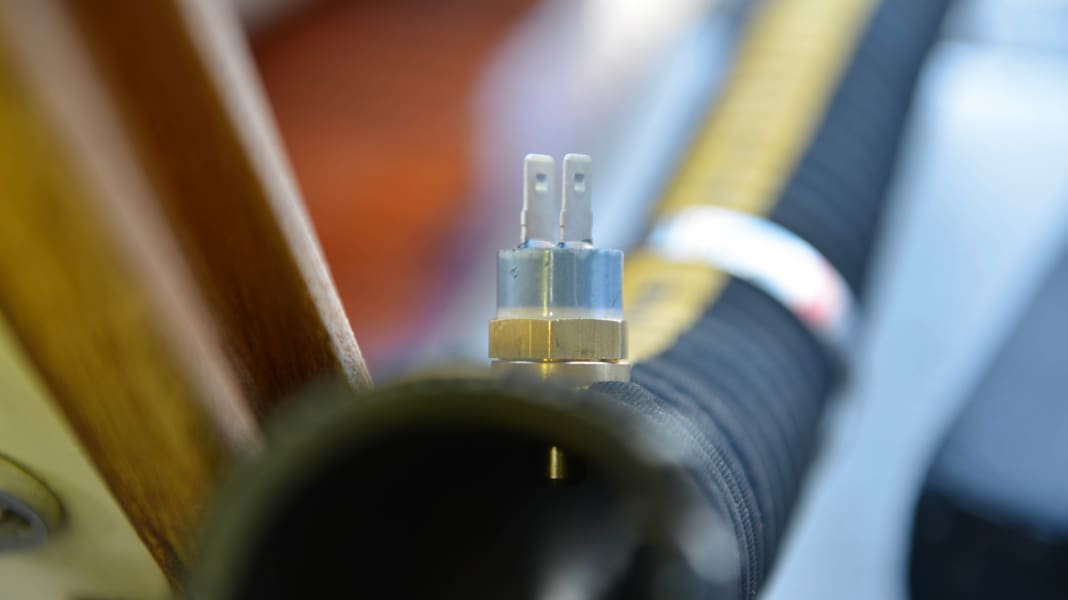
In this article:
It's every boat owner's nightmare: the hose line from the gas system's shut-off valve to the gimballed cooker has been damaged by a sharp stainless steel plate. Gas flows out and collects at the lowest point of the boat, in the bilge. The owner comes on board, looks forward to a nice weekend on the boat, starts the engine - Kawoom!
Gas explosions on ships have just as terrible consequences as a leaking combustion chamber in a diesel heating system. If the heater is more than ten years old, this can happen occasionally. Even with the 50-euro models without CE approval from China, which can be bought cheaply on the Internet and look as trustworthy as the almost identical models from Europe. While the crew dozes off in the cosy warmth of the evening, it can happen that the carbon monoxide flowing in with the warm air causes an unintentionally deep sleep.
Dangers lurk everywhere on board. That's why it's good to have alarm systems such as gas or CO alarms on board, which can be retrofitted for little money. We provide an overview of the most important systems.
Cooling water temperature warning device
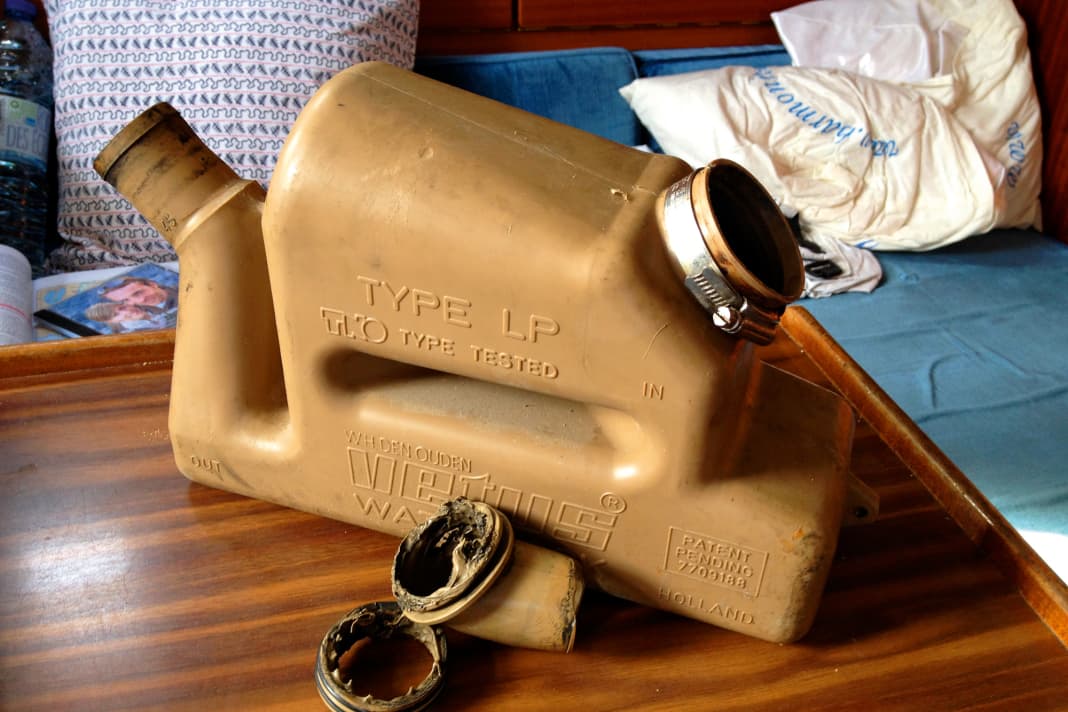



Sounds the alarm before the engine gets too hot becomes If a floating plastic bag blocks the cooling water inlet, the engine can overheat. But this takes a moment. Long before the cooling water alarm signals a problem, combustion gases reach the now uncooled exhaust system at up to 300 degrees.
Gas alarm
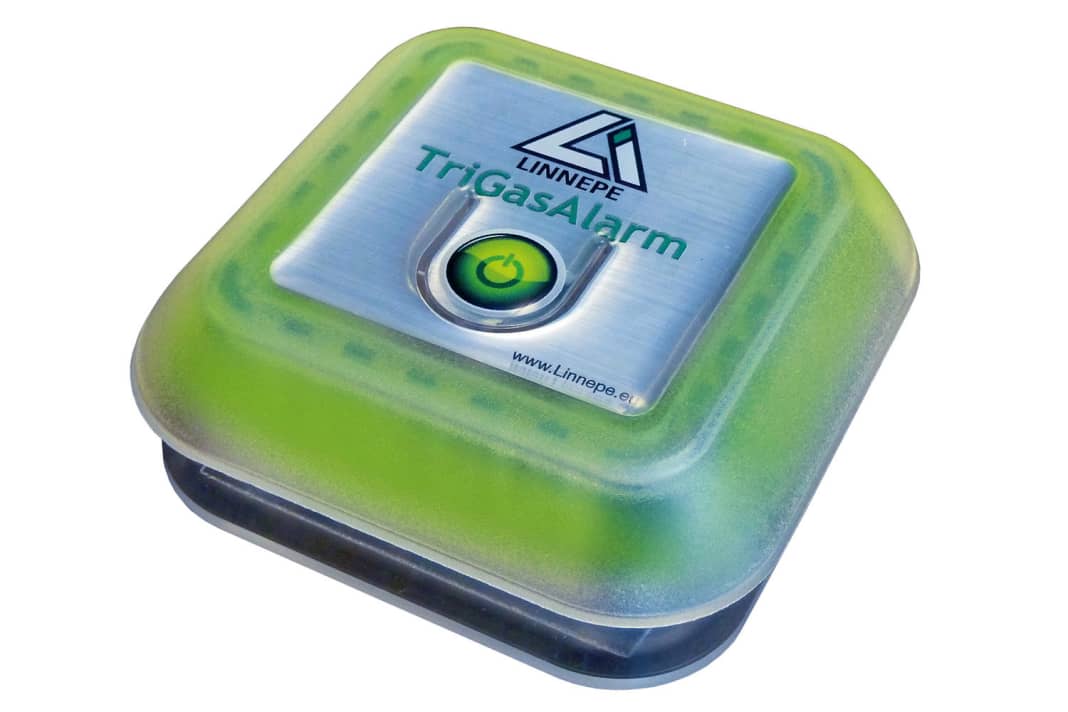




Sensitive detector Propane gas is not only colourless, but also heavier than air and highly flammable. On ships, this is a dangerous combination, because if there is a leak in the pipe from the gas cylinder to the burner, propane seeps quickly and completely inconspicuously into the lowest point of the ship: the bilge under the floorboards. If an electric bilge pump or the engine is then started, it can ignite. For this reason, the propane gas system should be checked by a specialist every two years. However, a gas alarm is also a good investment, as it recognises the escaping gas even at low concentrations and sounds a loud alarm. There are a variety of models available on the market that are operated by battery or via the on-board power supply.
All-Warner
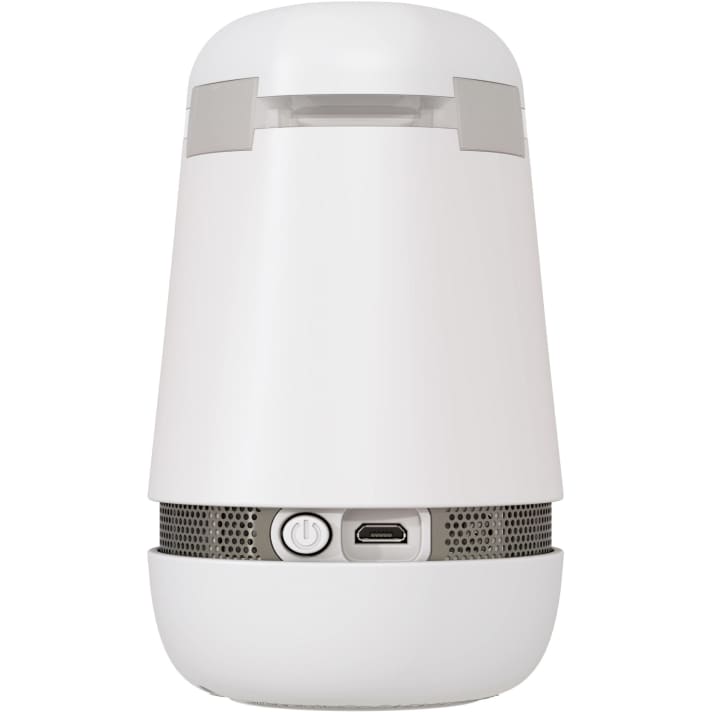
The Spexor has many functions Barely larger than a can of cola, the small device from Bosch constantly monitors its surroundings with its numerous pressure, noise, temperature and motion sensors. If several parameters change (e.g. in the event of a break-in), the Spexor immediately sounds the alarm - acoustically and via push notification on the smartphone. But that's not all: the Spexor software is constantly being developed and the device has many other monitoring programmes, such as an alarm in the event of frost or poor air quality. Thanks to the integrated eSim card (mobile phone connection included for one year), the Spexor does not require Wi-Fi, and the integrated battery powers the device for up to three weeks if the mains power fails. It costs around 250 euros.
Fire alarm
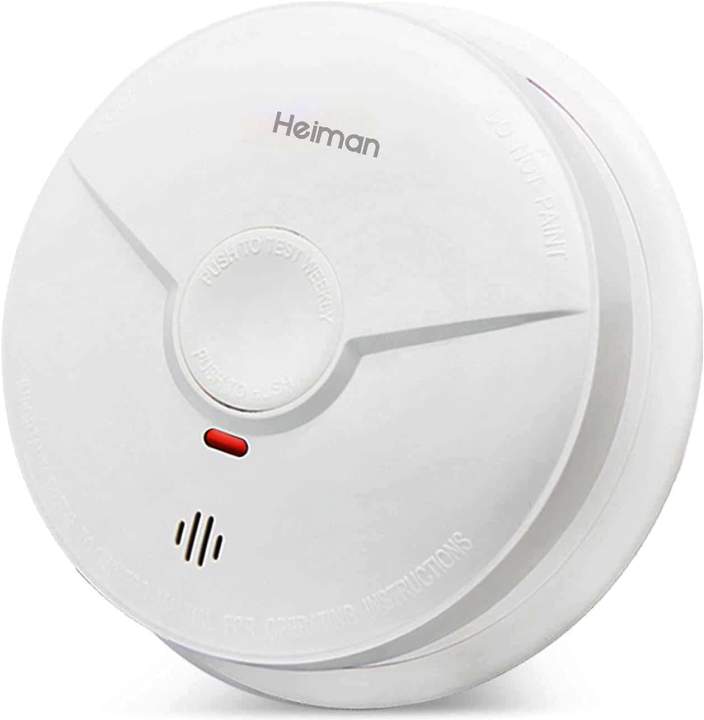
Smoke in the air The familiar and common household fire alarms work according to the scattered light principle and should not be missing on board a yacht. Inside there is an infrared light-emitting diode, which is activated at regular intervals, and a light-sensitive sensor. If there is smoke or soot in the air, the infrared control beam is reflected onto the photodiode and an alarm is triggered. Available from 10 euros.
Water alarm
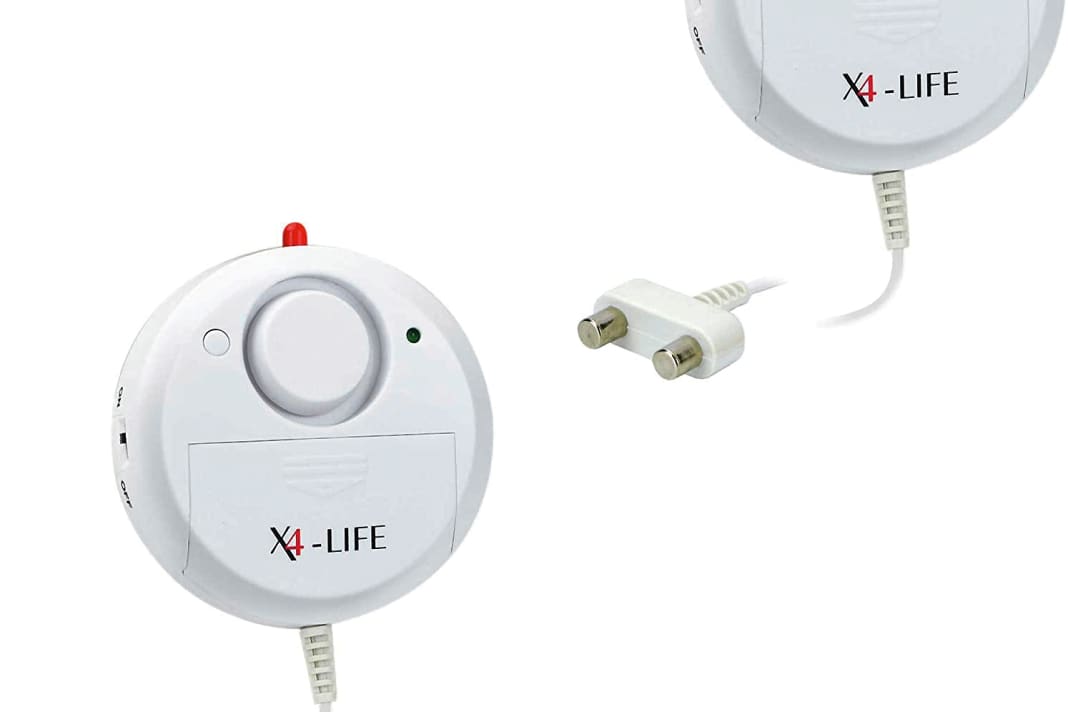



When the sea gets into the boat If the yacht is not made of wood, the bilge should be almost dry. Automatic bilge pumps ensure that any water that gets in is quickly drained out again - but the skipper often doesn't even realise when his boat is taking on too much water. The small alarms are intended for use in homes, for example if the washing machine overflows, but as most systems are battery-operated, they are also suitable for use on board.
Battery monitor
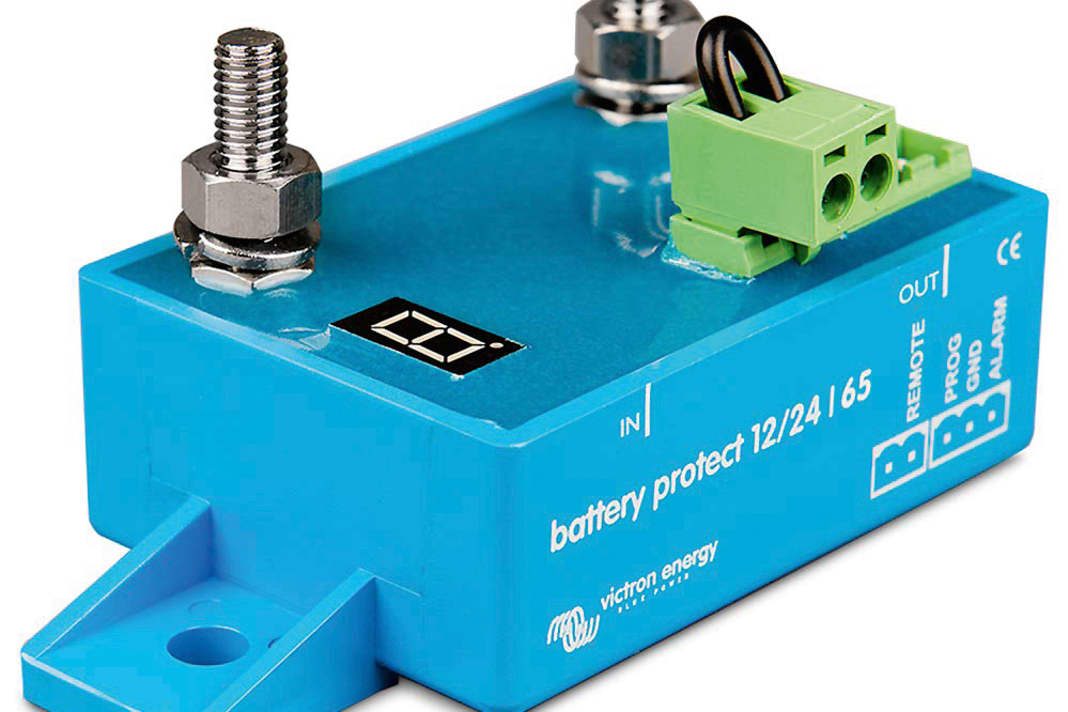



Before it is completely empty Battery capacities are limited, especially on smaller boats. The batteries are often used in combination to start the engine and supply the on-board electrical system. It's nice if there are still cold drinks in the fridge at the end of a day at anchor - but fatal if the cold fridge has drained the battery to such an extent that the engine no longer starts.
Carbon monoxide alarm
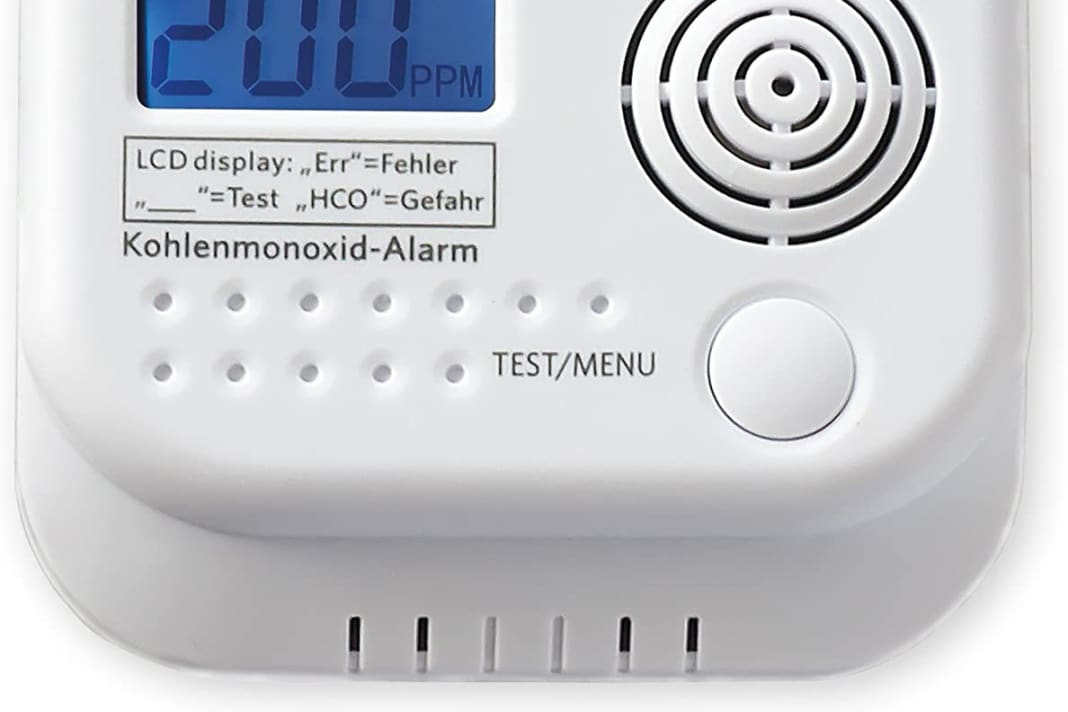


No poison in the air Wherever fossil fuels are burnt, carbon monoxide can be produced as a result of incomplete combustion. If the toxic gas is absorbed through the respiratory tract, it binds more strongly to haemoglobin than oxygen and thus prevents sufficient oxygen transport. Carbon monoxide poisoning can therefore be fatal within a very short time. For this reason, a CO detector should always be installed near gas cookers and diesel heaters.

